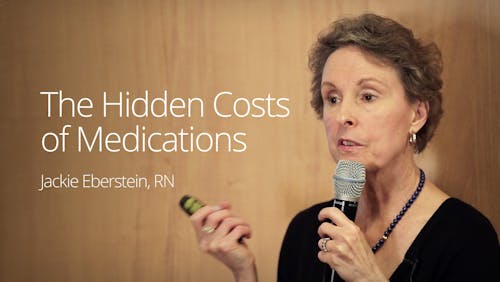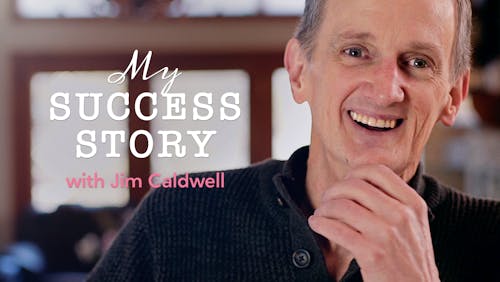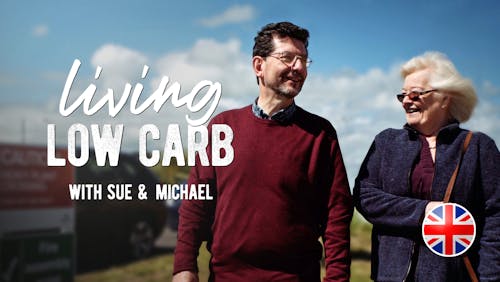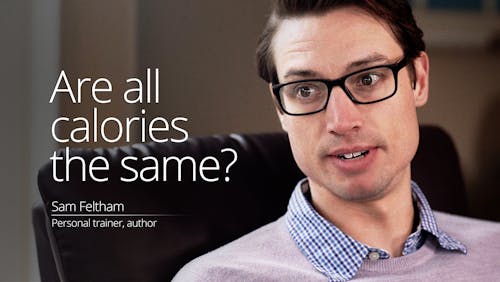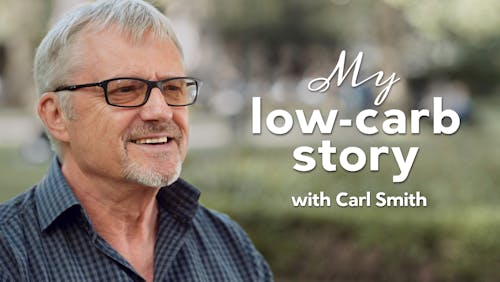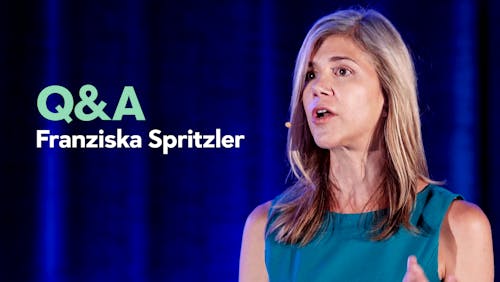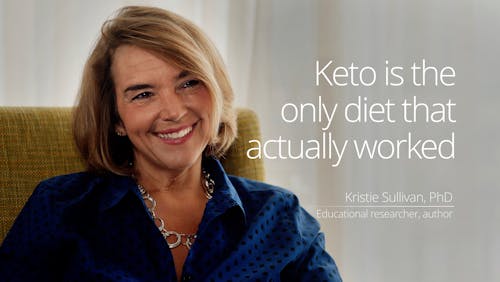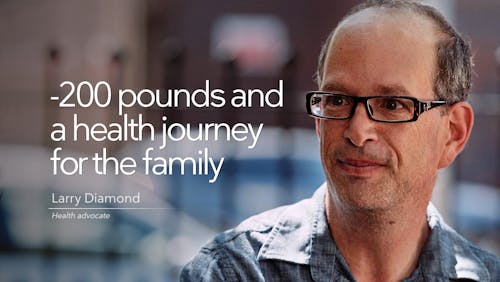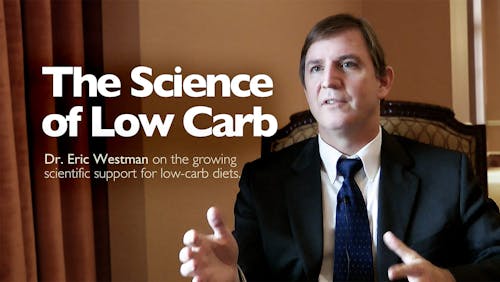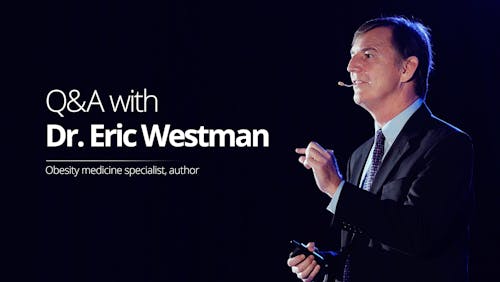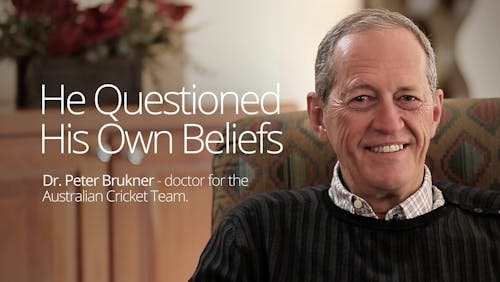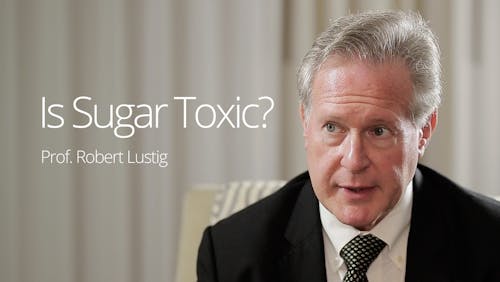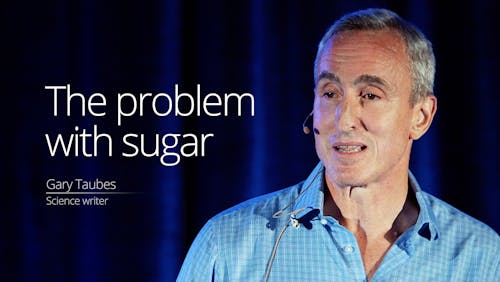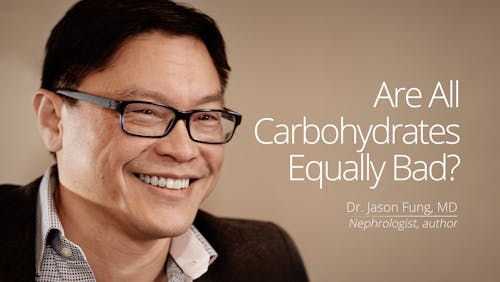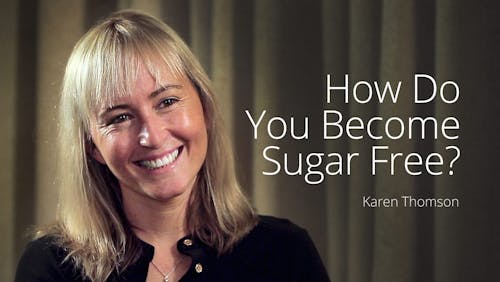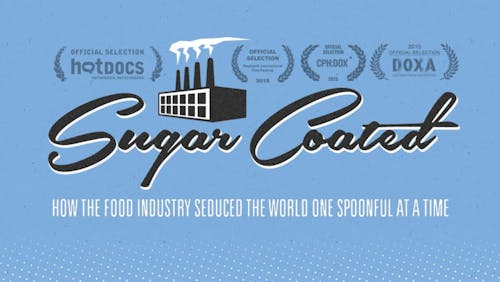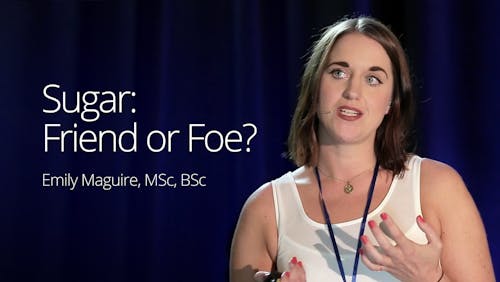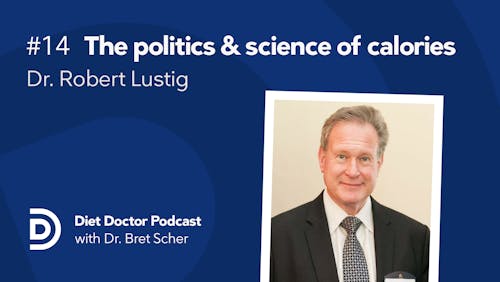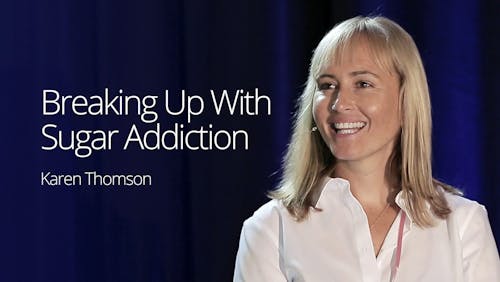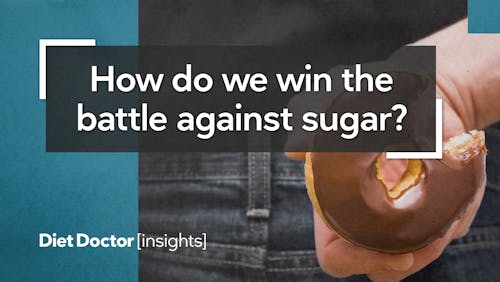Big food giants manipulate public health policy in China
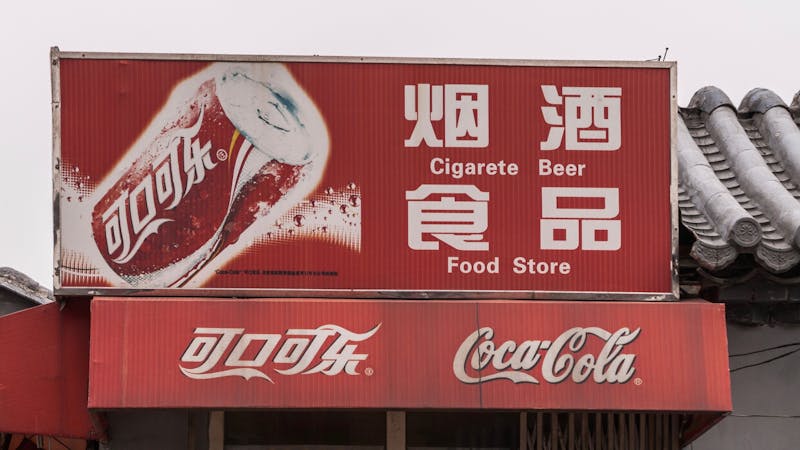
Coca-Cola is at it again. As soda sales decline in the United States and Europe, beverage companies look to emerging economies like China for growth. And, it seems, Coke is playing the same games that it played in America before it got caught and had to change course.
Essentially, Coke and other packaged food and beverage companies are working through (and funding) a group called the International Life Sciences Institute. This group, often called ILSI, emphasizes exercise as the key to fighting obesity and chronic disease. Processed food and sugary beverages, both widely recognized as obesity drivers, are protected from scrutiny, bad press and taxes by the lobbying work of ILSI.
[O]fficial Chinese efforts that emphasized exercise as the best way to lose weight were notable for what they didn’t mention: the importance of cutting back on the calorie-laden junk foods and sugary beverages that have become ubiquitous in the world’s second largest economy.China’s fitness-is-best message, as it happens, has largely been the handiwork of Coca-Cola and other Western food and beverage giants, according to a pair of new studies that document how those companies have helped shape decades of Chinese science and public policy on obesity and diet-related illnesses like Type 2 diabetes and hypertension.
The Times reporting is based on two new studies, one published in the journal BMJ and the other in The Journal of Public Health Policy. Both are written by Susan Greenhalgh, a China scholar out of Harvard. Her findings are not surprising to other academics who study corporate influence and its impact on public health. In this world, researchers say obfuscating the truth is the name of the game:
Professor McKee, who wrote an editorial in the BMJ that accompanies the study, said such groups often claim to be independent think tanks but refuse to disclose detailed information about their funding.
These groups, he said, support and publicize scientific studies whose results sometimes muddy the waters on contentious issues like smoking or alcohol and soda consumption.
“They often cherry pick data in ways that mislead while portraying these issues as so terribly complex that nothing can be done,” he said.
This reporting is discouraging news. As China struggles with a real childhood obesity crisis, giving lip service to exercise is clearly not enough for real improvements.
Additional coverage:
ABC News: Food giants undermined China’s obesity fight, scholar says
The Guardian: Coca-Cola influences China’s obesity policy, BMJ report says
Earlier
Coke’s war with the public health community
How to deflect blame for the obesity epidemic, Big-Soda style
Lose weight on Twinkies? Big Soda‘s strategy to make us believe that it is all about calories
Global Energy Balance Network is being dismantled after involvement with Coke revealed



